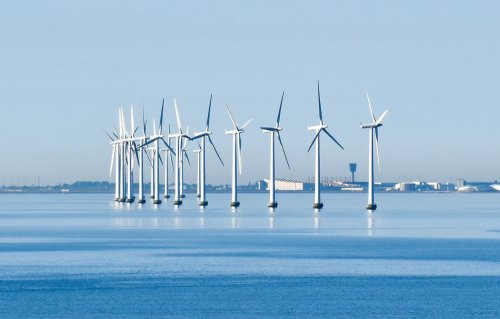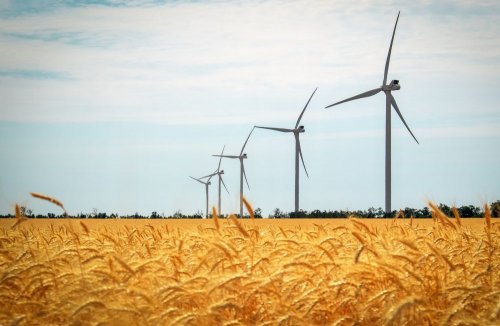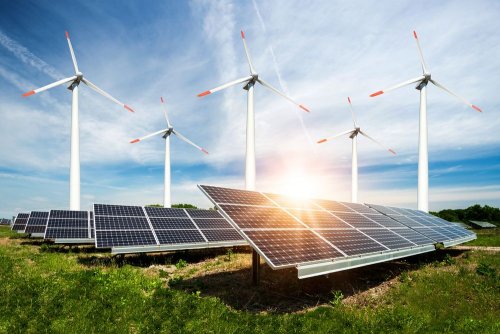The European Union has made it clear that it will not bow to pressure from Washington to abandon its green plans in order to secure a trade tariff agreement.
This was announced by the EU's chief trade representative, according to Politico.
The document, drafted by the administration of US President Donald Trump, will oblige the EU to abolish rules requiring American companies to develop plans to combat climate change. In particular, plans to end violations of environmental and human rights in their supply chains.
Experts noted that in the document, Donald Trump's White House called EU legislation “a serious and unjustified regulatory overreach” that “imposes a significant economic and regulatory burden on American companies.”
Sabina Weyand, who heads the European Commission's Directorate-General for Trade, said that the EU executive would not use the US-drafted document as a basis for its negotiations to preserve environmental standards.
Politico added that the European Commission does not intend to respond to the criticism outlined in the document, which was drafted after Trump agreed a trade deal with European Commission President Ursula von der Leyen at his golf resort in Turnberry, Scotland, in July. Instead, the EU executive intends to act in accordance with the terms of the subsequent joint statement, which does not provide for concessions on the EU's “green” course.
"The bloc is focused on the faithful implementation of the EU-US joint statement, which we consider important for preserving our unparalleled transatlantic trade. We are not backing down from any of our laws," insisted Commission Deputy Chief Spokesperson Olof Gill.
According to experts, in the framework agreement published in August, the EU committed to addressing US concerns about the Supply Chain Transparency Act. After all, it launches a new large-scale deregulation aimed at increasing economic competitiveness. According to another official, this is seen internally as an appeal to Washington. However, US officials, backed by big business, see these proposals as a chance to push for the repeal of legislation they consider unfavorable.
The Trump White House has consistently criticized EU environmental rules while rolling back rules aimed at protecting the environment and limiting carbon and other pollutant emissions for companies within the country. The Republican team is also pressuring the bloc to repeal its digital rules, which they believe unfairly penalize American technology companies.
We remind EcoPolitic readers that on October 10, the European Commission announced the final terms of its first pan-European auction for the decarbonization of process heat (IF25) with a budget of €1 billion.
This auction is being implemented through the European Union's Innovation Fund and announced in the Clean Industrial Production Agreement. In particular, its goal is to support the market introduction of electrified and renewable heat technologies in industrial heat supply, contributing to the decarbonization of European industry.





